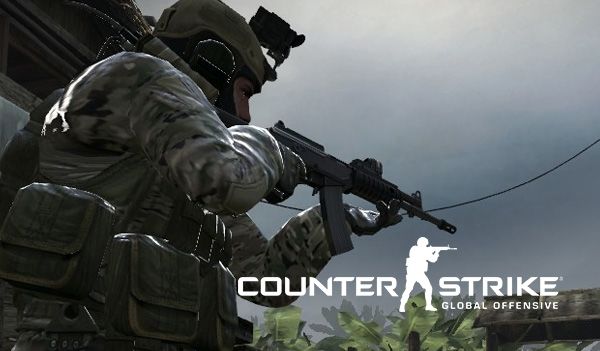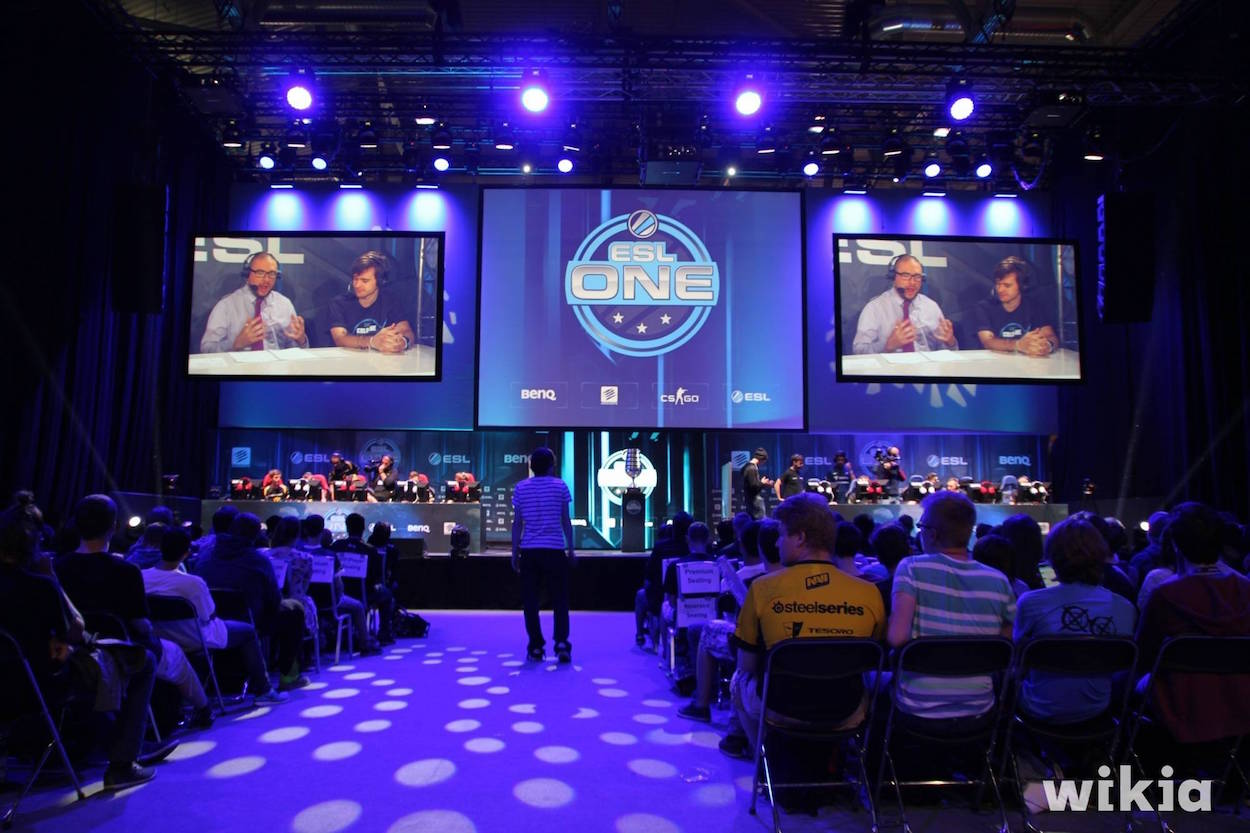by Brian Hioe
語言:
English
Photo Credit: SteelSeries/WikiCommons/CC
THE DISQUALIFICATION of a Taiwanese team, Sad Story, for the Intel Extreme Masters Katowice esports competition next year sets a negative precedent for not only future Taiwanese participation in esports, but sporting events more broadly. Namely, though later allowed to re-enter the competition in a different qualifier, Sad Story was disqualified by organizers despite a victory over the Japanese team Friendly Welcome while competing in Counter-Strike: Global Offensive for the southeast Asian qualifiers.
This disqualification took place on the grounds that Sad Story should have been playing in Chinese qualifiers. Chinese qualifiers are conducted as its own region, as separate from qualifiers for southeast Asia and east Asia, in which Sad Story has competed in the past. But for members of Sad Story to compete in Chinese qualifiers would have been impossible given that members of Sad Story are not Chinese citizens.
 Still from Counter-Strike: Global Offensive. Photo credit: Valve Entertainment
Still from Counter-Strike: Global Offensive. Photo credit: Valve Entertainment
Sad Story had also already been playing in the southeast Asian qualifiers for two years. But organizers, from the German-based company Turtle Entertainment, first claimed that they were simply following the UN’s list of nations for sporting events, and later informed that as Taiwan is not considered part of any region by the organizers, it would not be allowed to participate. So it is, then, that Sad Story would be disqualified for simply being Taiwanese.
In truth, the competition rulebook states that participating teams for countries not listed as part of any region should contact organizers to determine what qualifiers they should participate in. The claim that Turtle Entertainment was following the UN’s list of countries for sporting events is also rather dubious, given that there should have been some provision for Taiwan to compete as “Chinese Taipei” or even “Taiwan, Province of China.”
Nevertheless, it is probable that Turtle Entertainment was simply scrambling around for excuses to justify disqualifying Taiwanese participants, hence its contradictory claims. Seeing as Sad Story was previously allowed to participate, it is to be questioned whether Turtle Entertainment’s actions are the result of Chinese pressure from behind the scenes. Alternatively, it is possible that Turtle Entertainment was not familiar with international sporting regulations pertaining to Taiwan and how Taiwan is usually allowed to participate under names which are not directly “Taiwan” or “Republic of China”, hence disqualifications.
 Photo credit: Benjamín Núñez González/WikiCommons/CC
Photo credit: Benjamín Núñez González/WikiCommons/CC
Sad Story was, however, later allowed to re-enter competition by participating in the Asia Minor Closed Qualifier (China subregion), as distinguished from that event organizers previously claimed that Sad Story already should have been playing in the China qualifier. For its part, Sad Story has simply expressed gratitude for being allowed to re-enter competition.
Esports are increasingly recognized as serious, competitive sports globally. As such, it would not be surprising if Taiwan increasingly ends up being forced to participate under names such as Chinese Taipei or other conditions that suggest that Taiwan is part of China in esports competitions going forward, although Taiwan already participates in many esports competitions as “Chinese Taipei.”
Asia is a competitive region for esports, with a large fanbase and a large number of highly skilled players. This includes Taiwan, which has had some teams able to make it to the world games for some esports. Because if Taiwan comes to be known for competitive players and teams, this will raise Taiwan’s international profile, the Taiwanese government has embraced the popularity of esports with high-profile politicians including current president Tsai Ing-Wen making public appearances with Taiwanese teams and expressing support, or Chen Chu flying to Paris to support a Taiwanese team during her tenure as mayor of Kaohsiung. Taiwanese politicians likely also hope to present an image of Taiwan being advanced, tech-friendly, and on the cutting edge of international trends through the embrace of esports.
 Photo credit: Tim Bartel/WikiCommons/CC
Photo credit: Tim Bartel/WikiCommons/CC
Esports have already been a site of identity contestation for Taiwan, as has been the case with sports more generally. A 2017 incident during a League of Legends competition held in Kaohsiung led to backlash from China after Taiwanese fans cheered South Korean competitors over Chinese competitors and seemed uninterested after the victory of the Chinese team.
Nevertheless, with esports are increasingly recognized as sports in their own right, and Taiwan ends up being shut out of esport competitions, this could more broadly affect Taiwan’s participation in other sports. Whatever the inaccuracy of claims by Turtle Entertainment that they were only following UN norms, in the past year, Taiwanese have been blocked from entering UN facilities because they do not have non-Taiwanese forms of ID.
As such, they were blocked from entering UN facilities simply by virtue of being Taiwanese. Such would also be the case here, in spite of the fact Sad Story was later allowed to re-enter as part of a different regional bracket. We shall see as if this becomes increasingly common within esports or other sports, however.

